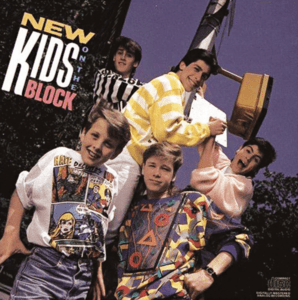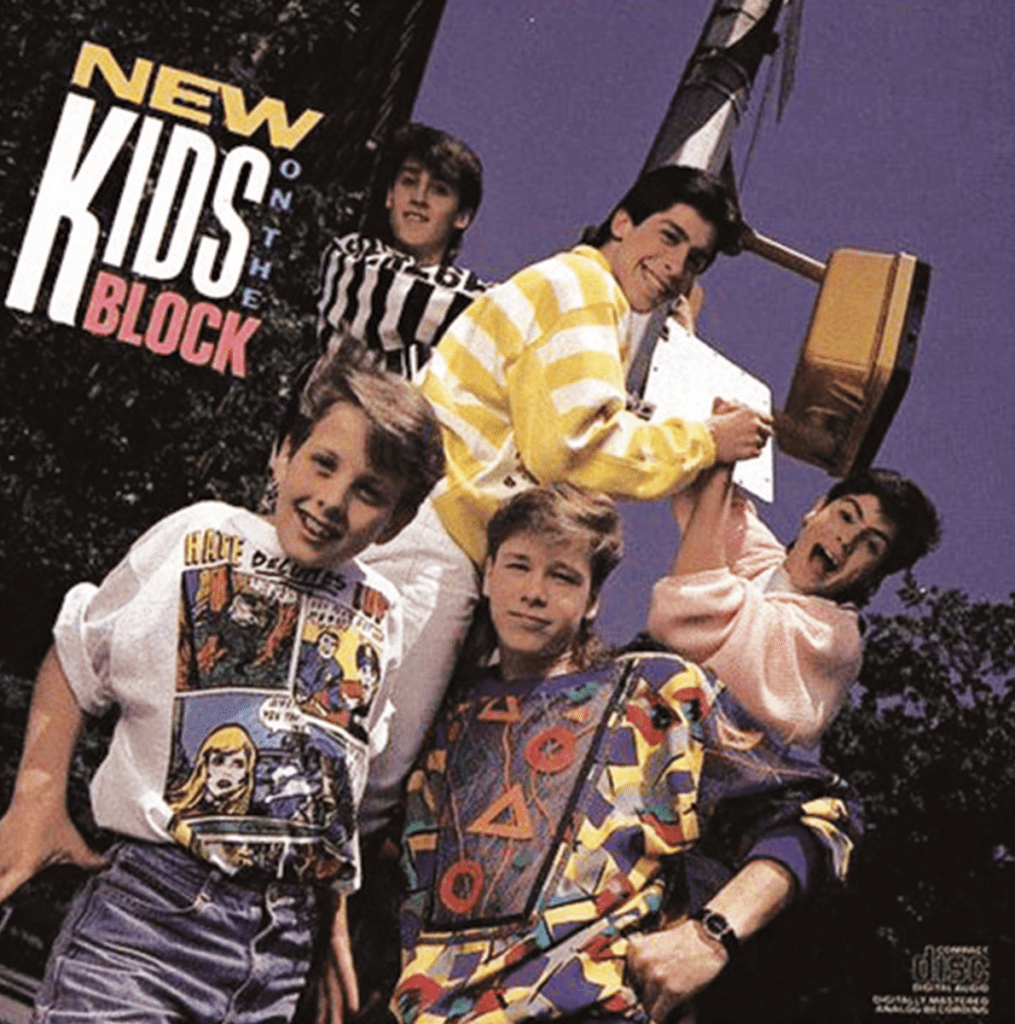Trademark Law for Startups: Lessons from New Kids on the Block v. News America Publishing
In the landmark case of New Kids on the Block v. News America Publishing, entrepreneurs and startups find a crucial lesson in the complexities of using third-party brands in their marketing strategies. This case underscores the importance of consulting with a trademark attorney to navigate the intricate landscape of intellectual property law.
Background of the Case and Trademark Protection for New Businesses
The case revolved around the use of the New Kids on the Block‘s name in public opinion polls conducted by two national newspapers. The newspapers used the band’s name to ask readers questions about the band members, leading to a legal battle over trademark infringement and the right to use a brand name in media. The court ultimately ruled in favor of the newspapers, citing the First Amendment and the concept of “nominative fair use.” This principle allows the use of a trademark to describe the actual product, in this case, the band itself, provided it doesn’t suggest endorsement or sponsorship by the trademark holder.
Key Takeaways for Entrepreneurs and Startups
Understanding Nominative Fair Use
Startups and entrepreneurs must understand the boundaries of nominative fair use. While it allows the use of a trademark for descriptive purposes, it does not permit implying an association or endorsement by the trademark owner.
Understanding Nominative Fair Use in Trademark Law for Startups
In the entrepreneurial world, where innovation and branding collide, understanding the nuances of trademark law is crucial for startups. One key aspect that often comes into play is the concept of nominative fair use. This legal doctrine allows the use of another’s trademark under specific conditions, primarily for descriptive purposes, without implying an association or endorsement by the trademark owner. For startups navigating the competitive business landscape, a clear understanding of nominative fair use is essential.
What is Nominative Fair Use?
Nominative fair use in trademark law permits the use of someone else’s trademark to describe or identify the trademark owner’s product or service. This doctrine recognizes that sometimes, the most effective or only way to communicate about a product or service is by using the trademark itself. For instance, a startup specializing in aftermarket parts for a specific car brand may need to use that brand’s name to describe the compatibility of its products.
The Boundaries of Nominative Fair Use
While nominative fair use seems straightforward, its application can be complex, especially in trademark law for startups aiming to establish their presence without infringing on existing trademarks. The key is to use the trademark only to the extent necessary for identification or description and not to imply any endorsement or association with the trademark owner.
1. No Reasonable Alternative for Identification
The use of the trademark should be necessary because there are no reasonable alternatives to identify the product or service in question. For example, if discussing a software compatibility issue with Microsoft Windows, using the term “Windows” is often unavoidable.
2. No Suggestion of Endorsement or Sponsorship
The manner in which the trademark is used should not suggest sponsorship or endorsement by the trademark owner. Startups must be cautious not to use the trademark in a way that could confuse consumers about the relationship between the products or services and the trademark owner.
3. Limited Use
The use of the trademark should be limited to what is necessary for identification or description. This means avoiding the trademark’s logo or distinctive font and using the name only as much as is required for clear communication.
Practical Applications in Startup Marketing
For startups, particularly those in tech and digital spaces, nominative fair use can come into play in various scenarios, such as comparative advertising, product reviews, or compatibility statements. However, the line between fair use and infringement can be thin.
Comparative Advertising
When a startup compares its product to a competitor’s, using the competitor’s trademark can be legal under nominative fair use. The comparison should be factual and non-deceptive, focusing on providing information rather than implying any association.
Product Reviews and Descriptions
Startups that review or describe products may need to use trademarks to identify the products they are discussing. This use is typically considered fair, provided it’s factual and doesn’t imply endorsement.
Compatibility Statements
Tech startups often create products compatible with existing platforms or devices. Using trademarks to indicate compatibility is generally permissible, but it should be clear that the product is merely compatible with, and not produced by, the trademark owner.
The Importance of Legal Guidance and Intellectual Property Rules for Startups
Given the complexities and potential risks involved, startups should seek legal advice when navigating nominative fair use. A trademark attorney can provide guidance on:
- Assessing Risk: Determining whether a particular use of a trademark falls within the bounds of nominative fair use.
- Strategic Branding: Advising on how to use trademarks in marketing and branding strategies without infringing on others’ rights.
- Legal Defense: Offering defense strategies if a startup faces allegations of trademark infringement.
Navigating Trademark Law for Startups with Confidence
For startups, understanding and correctly applying the principle of nominative fair use in trademark law is a balancing act. It requires a nuanced approach to ensure that while you are effectively communicating about your product or service, you are not overstepping legal boundaries. By respecting these guidelines and seeking appropriate legal counsel, startups can navigate the complexities of trademark law, ensuring their marketing efforts are both effective and compliant. This understanding not only protects against legal pitfalls but also builds a foundation of respect and integrity in the business world.
The Risk of Implied Endorsement
Using a third-party brand in your marketing can inadvertently imply an endorsement. This misstep can lead to legal challenges, as seen in the New Kids on the Block case. It’s a fine line between lawful use and infringement, one that requires expert navigation.

The Role of a Trademark Attorney
A trademark attorney can provide invaluable guidance in these scenarios. They can help determine whether your intended use falls within the bounds of nominative fair use and ensure that your marketing strategies do not infringe on another’s trademark rights. Consult with an experienced attorney or law firm that focuses on trademark law for startups, such as the L.A. Tech and Media Law Firm, based in Los Angeles and representing startups on federal trademark law nationwide.
Proactive Legal Consultation
Proactively consulting with a trademark attorney can save startups from costly legal battles. It’s not just about compliance, but also about strategizing to use third-party brands effectively and legally in marketing efforts.
Conclusion: Safeguarding Your Startup
The New Kids on the Block v. News America Publishing case is a reminder of the legal intricacies surrounding the use of trademarks in marketing. For technology startups, where innovation meets a crowded marketplace, understanding and respecting intellectual property rights is crucial. Consulting with a trademark attorney is not just a legal formality; it’s a strategic step in safeguarding your startup’s future and ensuring that your marketing strategies are both innovative and compliant.


